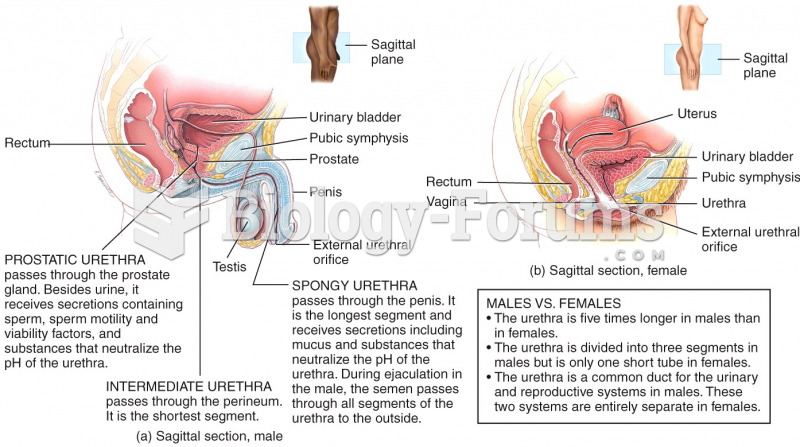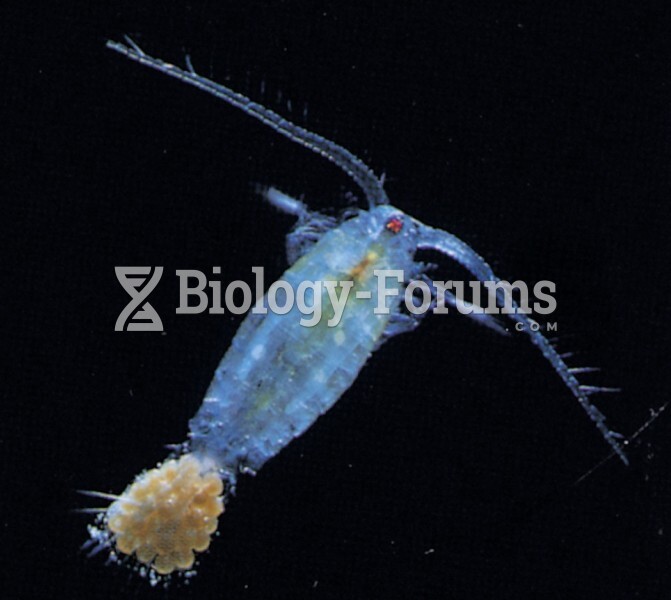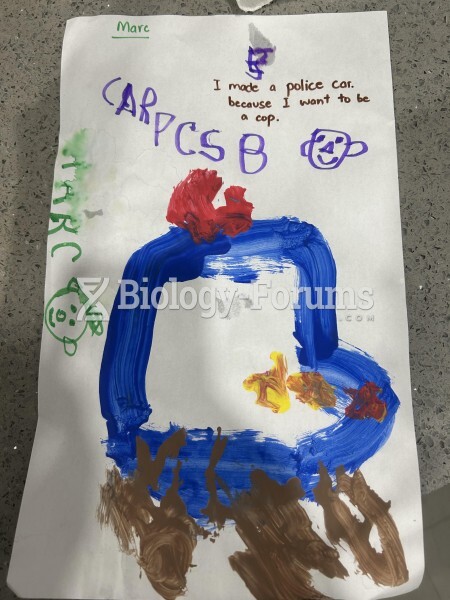Answer to Question 11. If this protest had occurred in the United States, do you believe it should be protected as
a nonviolent expression of freedom of expression? Are there elements of the protest
which would justify restricting the speech and, if so, with what justification?
2. Are there limits to free speech in this situation? What, if anything, might the rock band
have done that would have justified their arrest and conviction?
3. Efforts are continuing to overturn the convictions. Research reliable sources to
determine the status of the case. Look for statements by the Putin government to justify
their actions and assess the validity of those statement according to principles of free
speech.
Answer to Question 21. In 1969, high school students in Des Moines, Iowa, protesting the Vietnam War wore
black anti-war armbands to school. The U.S. Supreme Court back upheld the free
speech right of those students to express their political views during the school hours,
although the justices did recognize the right of school officials to maintain discipline and
order as a general principle. Now, over four decades later, would you agree with this
conclusion? If students had worn armbands to protest, say, the Iraq invasion, or the
surge in Afghanistan, should this be protected free speech?
2. In Alaska in 2002, a high school student on a school field trip unfurled a banner reading
Bong hits 4 Jesus. The school principal confiscated the banner and suspended the
student. He sued, claiming violation of his rights of free speech. The U.S. Supreme
Court in 2007 held that this student did not have a free speech right in this situation, as
he interfered with the work of the school or impinged upon the rights of other
students. Justices in the 6-3 majority also expressed concern that the banner would
encourage drug use. Do you agree with this decision? If you disagree, what is your
justification? Is this decision consistent with the 1969 decision about students protesting
the Vietnam war?
3. At your own high school, were policies in place to restrict student free speech? In light of
these Supreme Court decisions, do you think they were justified? Are they justified in
terms of ethical principles of free speech?







